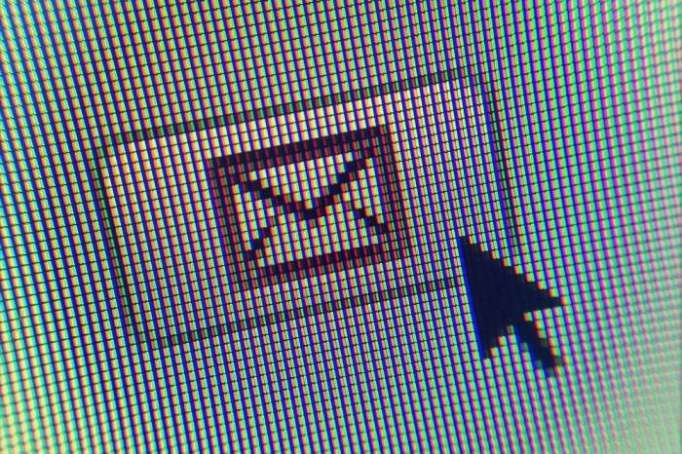On Tuesday, well-credentialed cybersecurity researchers will detail what they call critical vulnerabilities in widely-used tools for applying PGP/GPG and S/MIME encryption. According to Sebastian Schinzel, a professor at the Münster University of Applied Sciences in Germany, the flaws could reveal the “plaintext” that email encryption is supposed to cover up—in both current and old emails.
The researchers are advising everyone to temporarily stop using plugins for mail clients like Microsoft Outlook and Apple Mail that automatically encrypt and decrypt emails—at least until someone figures out how to remedy the situation. Instead, experts say, people should switch to tools like Signal, the encrypted messaging app that’s bankrolled by WhatsApp co-founder Brian Acton.
“There are currently no reliable fixes for the vulnerability,” Schinzel tweeted Monday morning. “If you use PGP/GPG or S/MIME for very sensitive communication, you should disable it in your email client for now.”
When contacted by Fortune, Schinzel declined to divulge further details ahead of Tuesday’s announcement, but he pointed to a blog post from the world’s biggest digital rights group, the Electronic Frontier Foundation (EFF,) for further advice.
The EFF’s post is also light on detail, but the organization has seen what the researchers are preparing to announce and said it “can confirm that these vulnerabilities pose an immediate risk to those using these tools for email communication, including the potential exposure of the contents of past messages.”
“Our advice, which mirrors that of the researchers, is to immediately disable and/or uninstall tools that automatically decrypt PGP-encrypted email. Until the flaws described in the paper are more widely understood and fixed, users should arrange for the use of alternative end-to-end secure channels, such as Signal, and temporarily stop sending and especially reading PGP-encrypted email,” the EFF wrote.
Specifically, the group urged everyone to temporarily disable these mail client encryption add-ons: Enigmail for Thunderbird, GPGTools for Apple Mail, and Gpg4win for Outlook.
GPGTools and Gpg4win are Mac- and Windows-friendly versions of GnuPG—an open-source version of the 27-year-old PGP encryption toolkit. In a tweet on Monday morning, the GnuPG project said the security researchers had found vulnerabilities in the mail clients, not in the underlying protocols.
They figured out mail clients which don't properly check for decryption errors and also follow links in HTML mails. So the vulnerability is in the mail clients and not in the protocols. In fact OpenPGP is immune if used correctly while S/MIME has no deployed mitigation.
Werner Koch, the German free software developer who started GnuPG in 1997, wrote that he found the EFF’s warnings “pretty overblown.” He said the researchers had not contacted the GnuPG team, but he had accessed their paper anyway.
Despite what the EFF said, Werner insisted, the encrypted email plugin for Outlook was not vulnerable.
Fortune
More about: Email
















































